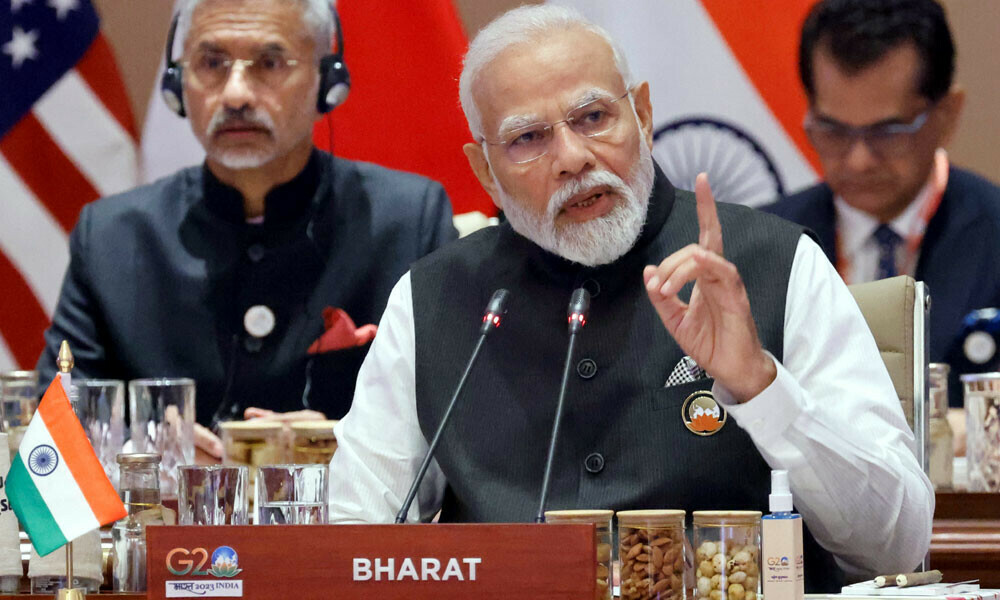In a testament to the country’s interest in the asset class, India has once again led in global Bitcoin and crypto adoption. The nation tops the list for the second straight year, a Chainalysis report showed. Indeed, Indian traders have done so despite the country’s hard regulatory stance against the industry.
The report tracked the cryptocurrency adoption tendencies of more than 150 countries. Moreover, the results show that India was near the top of all observed nations in the use of centralized exchanges and decentralized crypto between June 2023, and July of this year.
Also Read: India Seeks $3.8 Billion Loan To Expand Oil Refinery
India Leads Crypto Adoption for the 2nd Straight Year
2024 has been a massive year for Bitcoin and crypto. The asset class has taken up even more importance in the mainstream. At the start of the year, the United States approved BTC as the first crypto-based ETF in the country. Just three months later, it surged to an all-time high of $73,000.
That feat showcased the growing importance of the asset class as a whole. Yet, in terms of the asset’s embrace, one nation has firmly established its lead. Specifically, India has once again led all countries in global crypto adoption. A new report shows that the South Asian nation has led for the past two years.


Also Read: India Embraces Act East Policy: What It Means For ASEAN And The World?
“India has also got a fairly widespread level of adoption across different assets of crypto despite restrictions,” Chainalysts researcher Eric Jardine told Reuters. Additionally, noted this implies, “new participants via services that were not banned,” referencing the 2018 restriction the country placed on the asset class.
Jardine notes Binance as the prime example of lessening restrictions. The crypto exchange received a $2.25 million one after it registered with the country’s Financial Intelligence Unit (FIU). Yet, it returned to the country in August of this year. Chainalsyis notes that this should only increase the region’s adoption figures.





